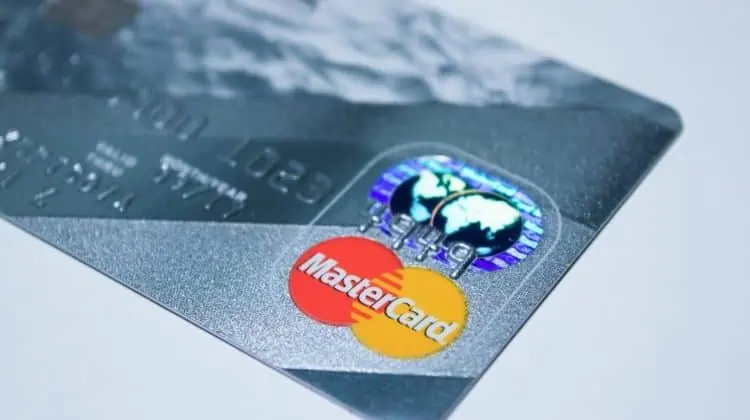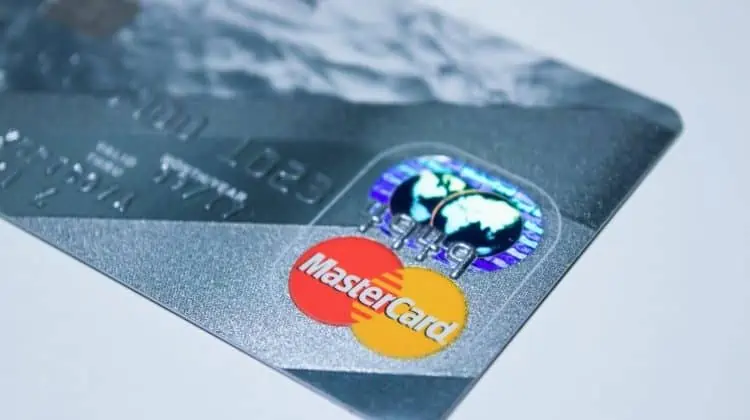
If your score is high, you’ll have access to lower rates, which means your cost of borrowing could be very low. Perhaps your monthly mortgage payments would be hundreds lower than another person who has a low credit score. This could add up to thousands saved over the course of a 15 or 30-year mortgage! Obviously, a high credit score is key if you’re looking to lock in a good rate on a loan.
What Makes Up Your Credit Score?
Your credit score is made up of several different components. These include:
- Payment history
- Credit utilization percentage
- Length of credit history
- New credit
- Credit mix
The most important component of your credit score would be your payment history. Your creditors are likely to report any payments that are more than 30 days late to the credit bureaus. Your credit score will drop, and you will look like a big risk to possible creditors if you have late payments on your credit report.
Additionally, the percentage of your available credit that is outstanding has a major effect on what your credit score is. If you have a $1,000 line on a credit card as your only credit, and you’ve charged $900 on it, your credit utilization percentage would be 90%. A lower number in this regard is preferred, and a high percentage will negatively affect your score.
Opening many new accounts in a short amount of time will negatively affect your credit score. On the other hand, having a few accounts that are several years old will improve your score. Credit scores range from 300 to 850, and those with scores above 700 will generally get solid rates.
What About Mistakes in Your Credit Score?
There are a couple of major types of mistakes that could show up on your credit score:
- The first are mistakes that you personally made. They could include running up a huge balance on a credit card or failing to make a timely payment on your outstanding debt. You will generally have to deal with these problems on your own. That will take years of paying down your debt and doing so on a timely basis.
- There are also mistakes on your credit report that are not related to activity on your part. An account might have been reported inaccurately. Perhaps an account from someone with a similar name posted on your credit report. If you’ve been divorced and a formerly joint debt was assigned to your spouse, it might still show up on your report. Even if these are not your debts to pay, they could negatively impact your credit scores. These are the types of errors that will need to be repaired.
How to Repair Your Credit Score
There are two routes to take when attempting to repair your credit report. You can attempt to do the work yourself, or you could choose to hire a reputable credit repair company to do the work for you. There are pros and cons that come with choosing either option.
Keep in mind that regardless of which route you choose, only legitimate errors can be fixed. If you did not make a timely payment or you have a bankruptcy that legally belongs to you on your report, they will just have to age off the report over a period of years.
RELATED: Good Debt vs. Bad Debt – What’s the Difference?
Option 1 – Repairing Your Credit On Your Own
It’s possible to repair your credit on your own. Every American citizen is legally entitled to a free annual credit report through AnnualCreditReport.com. It’s a good idea to call for one of these on a regular basis to see if all of the accounts that show up actually belong to you. Once you’ve received your free annual report, make sure that you check it for accuracy. If there’s an account that does not belong to you, make note of it. The same goes for accounts that show a higher balance than you owe. Additionally, accounts will sometimes get reported twice.
If you find a legitimate mistake on your credit report, you’ll want to contact the credit bureau directly if you’ve decided to attempt to repair it on your own. You’ll need to write a letter that details your dispute, and you’ll want to send any documentation that supports your argument. By law, the credit bureau is required to investigate any disputes that might come up within a 30-day period. They also have to provide you with a written report that details their findings.
If you’ve made the mistake yourself by not handling credit properly, it will take time to repair your credit. You’ll need to build a history of paying debt in a timely fashion. Additionally, it could take up to ten years for some negative marks, like bankruptcy, to fall off your report. Once that happens, the negative mark will no longer show up on your report, and it will no longer impact your credit.
Pros and Cons of DIY Credit Repair
One of the pros of going it alone when dealing with credit repair is the cost. It’s totally free. Another positive of taking the do-it-yourself track is the education you should get. You’ll learn some of the ins and outs of the American consumer finance sphere while dealing with the credit bureaus.
While there are positives of attempting to repair your credit by yourself, there are also some problems. First, the process is quite tedious, and it can take a long time. You are likely not an expert, so it may take time to figure out what’s needed to actually repair your credit or the type of letter you need to write.
There is an opportunity cost associated with attempting to repair your credit on your own. You could be doing something else to earn extra money while you’re spending time dealing with the credit issues. It’s important to take all of this into account before you decide to tackle the problem yourself.
Option 2 – Hiring a Company To Repair Your Credit
It’s also possible to hire a lawyer or a reputable credit repair agency to deal with any problems with your credit report. Again, there are pros and cons associated with this decision.
Pros and Cons of Hiring a Credit Repair Agency
One of the pros that you might find with deciding to hire someone to repair your credit is the time involved. Credit repair agencies can likely run off a letter in a matter of minutes, and they’ll know how to handle the response the credit bureau provides. Another benefit that comes with dealing with a credit repair agency is the knowledge the agency will provide. Because they focus on credit repair, these agencies know the law, and they know your rights.
There is one major negative that comes with outsourcing your credit repair. That’s the cost. Whereas you have to pay nothing to go the do-it-yourself route, a lawyer or a credit repair company will require a payment. This will likely be a monthly bill that will last as long as the dispute does. Easy fixes with plenty of documentation can be resolved fairly quickly. More complex credit repair questions can take months or years to fully resolve.
Even with the fees associated with hiring someone to fix your credit, it’s likely that a professional can fix the problem more quickly that you can on your own. This is an important consideration when you’re looking to take out a home mortgage. Having to pay another percent or two on your loan could mean thousands in interest costs.
Final Considerations
Ultimately, the decision to hire someone to repair your credit or to go it alone belongs to you. If you decide to outsource your credit repair, you’ll want to make sure that you hire a reputable company. Credit repair companies can only fix legitimate errors. They cannot magically force a credit bureau to remove a bad debt that you actually incurred. A reputable company will tell you this up front.
There are some unscrupulous operators in the credit repair space. They will make promises they cannot legally keep. Also, the applicable laws do not allow credit repair companies to charge their fees up front. You legally have a three-day grace period that allows you to cancel the service without penalty.
Credit repair services cannot promise that you’ll achieve a specific credit score by using them. Additionally, they have cannot do anything that you couldn’t already do on your behalf. Effectively, you’re paying the credit repair company for the knowledge and efficiency they bring to the table.
When you hire an outside company, you will give them access to your credit report and authorize them to fix any errors on your behalf. Because reputable firms have a solid knowledge of the applicable laws, you might have any errors fixed more quickly than you would should you decide to go the DIY route. This will definitely help if you’re looking to take out a loan in the near term and looking to keep your interest rate low.
Have you had to deal with issues in your credit report? Did you DIY or hire it out? Let me know in the comments!
Patricia Russell is a CERTIFIED FINANCIAL PLANNER™ professional and the founder of the personal finance blog FinanceMarvel. With more than 10 years experience in helping families and individuals take control of their personal finances and achieve financial independence. She has been featured in US News, Newsday, Investing.com, MarketWatch, Newsweek and many other leading publications.

